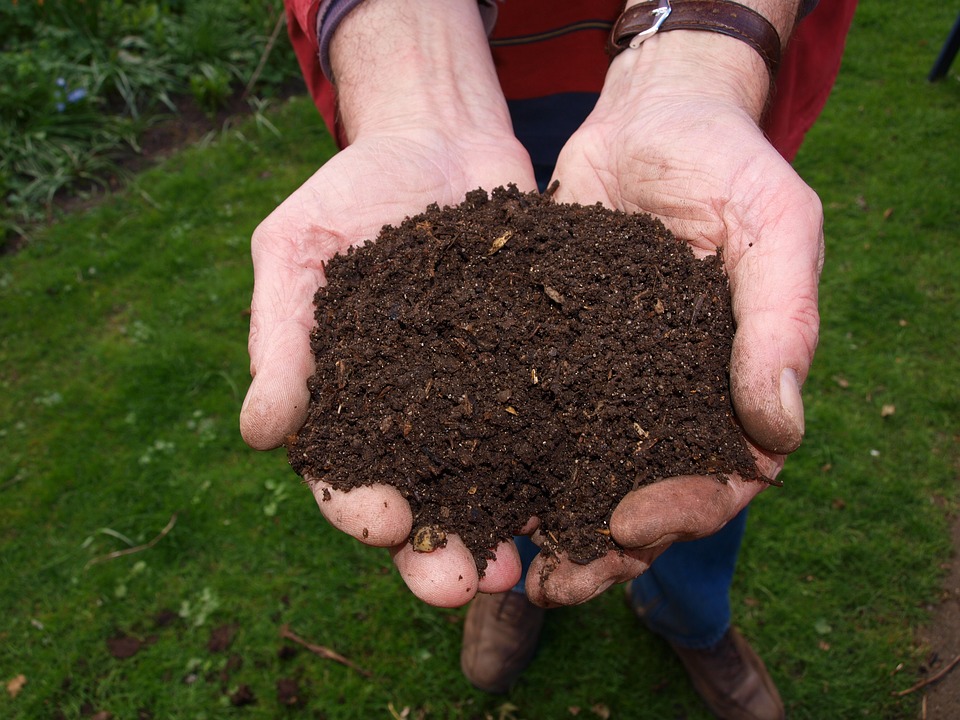What better way to consume fresh and seasonal products than to grow your own vegetable garden ? But if like me, you live in an apartment and your dream is to move to the countryside. Today, with these tips to succeed an indoor vegetable garden it's no longer necessary!
What are the mistakes to avoid ? Which fruits and vegetables to plant ? Which location to choose ?
With these explanations you will succeed in growing vegetables in your balcony or even to succeed an indoor vegetable garden.
Which location to choose for my vegetable garden ?
The first step to follow is obviously to choose the ideal location. The available space is an essential criterion to take into account. But we must especially choose a dry, well ventilated and bright place.
The brightness is important, you should know that 6 to 8 hours of sunshine a day are recommended for the cultivation of most vegetables and herbs. It will therefore be necessary to ensure that they are in a well exposed place, however note that the direct sun is not necessary.
You will then need to choose a container. Know that it is imperative to adapt it to the plant that you will cultivate. It is therefore desirable to define the crop before choosing pots or bins. The important thing is that they are of sufficient size, and especially drilled to evacuate the excess water.

Which fruits and vegetables to plant ?
Aromatic plants can be grown in all types of pots. Terracotta pots with a hole allowing drainage or glass jars. A more original solution is a plant tube that you can hang.
Not all aromatic herbs support an indoor culture. However, those that can be grown in pots are also the most used in cooking:
- Dill
- Basil
- Chive
- Coriander
- Tarragon
- Laurel
- Mint
- Parsley
- Rosemary
- Sage
- Thyme
You can also choose to plant the most classic ones :
- Salads
- Tomatoes
- Cherry tomatoes
- Lavender
- Spinach
- Chard
- Rocket
- Kale sprouts
- Eggplant
- Carrots
- Zucchini
- Radish
- Peppers
The more varieties you can plant, the better. Indeed, the mixed cropping will be a beneficial technique for your vegetable garden. This technique allows for the benefits of biodiversity and is also an effective solution against the use of chemicals.

What kind of vegetable garden to choose for the balcony ?
Depending on the available surface, you can choose between several types of vegetable garden for balcony, namely:
- In height: tables of culture on feet or on wheels; wall hangings.
- Square: to maximize space and divide the growing area into squares (25 to 50 cm for each crop)
- Kit: modular kitchen kits ready to assemble
Some crops require more space than others, so you also have to consider it.
- Bins 40 to 50 cm deep: eggplants, cucumbers, tomatoes, zucchini.
- Pots 15 to 20 cm deep: herbs, salads or radishes.
- Suspended bins: aromatics and cherry tomatoes for example.
Which type of vegetable garden to choose for the interior ?
To cultivate your vegetables and herbs inside many possibilities are offered to you. Your choice will depend on several criteria, such as the available budget or even the aesthetic aspect.
Thus, for your interior you will be able to choose between:
- "Ready to plant" kits: seeds, contentants in glass.
- Traditional kitchen garden: terracotta or glass pots, seeds.
- Indoor garden: indoor vegetable gardens with irrigation system and integrated LED lamps (some models are connected). Operate with seeds or capsules.

Indoor vegetable garden: What are the mistakes to avoid ?
To succeed your vegetable garden, it will first of all be necessary to choose its location. Then, it is advisable to think well of your project before starting. While some crop associations are beneficial, others are to be avoided.
Some varieties of vegetables have the same nutritional needs. If you associate them in your vegetable garden, they will try to develop one to the detriment of others. Avoid, for example, planting carrots near tomatoes. Or onions near cabbages that do not like the company of potatoes and compete with each other.
Think about the speed of development of your vegetables. In a small space, favor those with rapid development.
Bulb plants (garlic, onions, shallots), artichokes, or leeks require long-term cultivation. They will monopolize your space for months, just like watermelons, melons, squash or pumpkins. Remember that these fruit vegetables require large areas to grow.
If you're new to gardening, start with easy-to-grow vegetables like lettuce, radish, cucumber or cherry tomatoes.
Then also think about bringing enough nutrient to your soil (compost, ash, humus ...) these elements feed the plants and greatly improve the growth of plants, fruits or vegetables.
To conclude, do not neglect the supervision of your vegetable garden! It must be kept to a minimum to detect any signs of illness or deficiency.
Of course do not forget to water regularly according to the need of the crops you choose. Favor the rainwater or leave tap water a few days in a barrel. This will help it lose some of its chlorine and get rich with all kinds of microorganisms.
